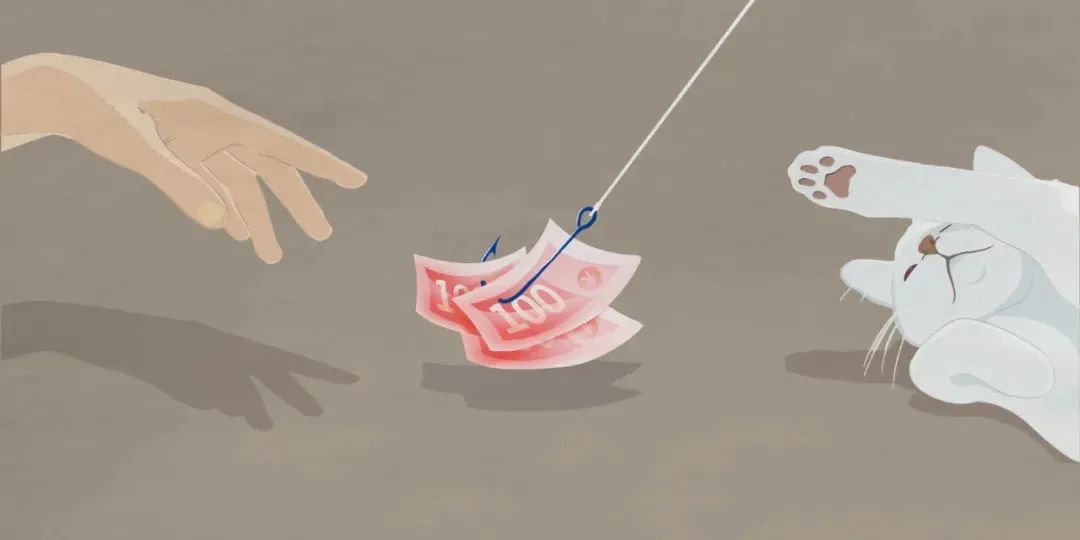As China's pet market booms, a seemingly attractive ‘free adoption’ business model has sparked a lot of controversy. Many consumers are attracted by the gimmick of adopting pets for free, but get into trouble after signing a long-term contract to buy pet supplies.
Accordingly, JAVY law firm partner Wei Wei was interviewed by Sixth Tone and gave an in-depth explanation of such incidents.

Nationwide complaints about cat “adoption” businesses are exposing the darker side of China’s booming pet industry.
It seemed a deal too good to refuse: an adorable white and gray kitten to take home for free, in return for signing a contract to buy a year’s worth of pet products.
In need of a companion, university student Xiaomo was instantly drawn to the small British Shorthair and “ended up adopting it on the spot,” she told.
But things quickly turned sour. The kitten, sick when she purchased it, died within a week. That didn’t free Xiaomo from the contract, which still required her to pay nearly 250 yuan ($34) monthly to the shop even if she chose not to take a replacement pet.
“They claimed it was free cat adoption, but in reality, they lured us into making purchases and signing a contract for buying cat food,” Xiaomo wrote in a social media post.
She is one of many cash-strapped Chinese consumers who feel trapped by a business model which has rapidly spread across China in response to a steep rise in demand for pets.
Stores across the country, often in shopping malls and labeled as pet ‘adoption’ companies, offer animals for free, so long as customers agree to future pet food and accessory purchases. They have become the subject of court cases and government warnings, and generated intense online debate.
A hashtag complaining about one such company has garnered over 18 million views on social media platform Weibo. On rival platform Xiaohongshu, or RedNote, a hashtag used by posters seeking help to cancel their contracts after their adopted pets fell ill or died has tens of thousands of views. Users jokingly refer to the contracts as “cat loans.”
The rise of the issue to prominence highlights how crucial domestic animals have become to Chinese society: the number of pet cats reached over 70 million in 2024, according to information platform PetData, alongside around 50 million pet dogs.
China’s pet industry has grown at an annual rate above 13% over the last decade, reaching a value of 300 billion yuan last year, according to Petdata, fueled by rising affluence, and more people living alone.
The disputes over “adoptions” reflect a more serious issue: in an economy increasingly reliant on consumption, new avenues for scams and customer manipulation are emerging. And with China’s government making boosting consumer spending its top economic priority this year, officials are cracking down on shady practices, trying to ensure people feel more confident about spending.
Xiaomo said the “adoption” contract seemed more affordable than the typical price of a cat. But breaking the contract could lower her credit score on the payment app she used to make the purchase, making it harder to access some of the app’s other services, such as bike rentals.
Xiaomo tried to file complaints through the government’s national consumer hotline, but was advised to negotiate with the business instead. Because the contract placed the responsibility for the pets’ health on consumers, legal action seemed challenging.
Legal status
Part of the problem is determining which laws the pet “adoption” contracts fall under.
In a 2023 dispute between a pet adoption company and a customer who received a sick animal, a court in the southwestern Sichuan province ruled that the company had a contractual obligation to provide a healthy pet and that a customer’s refusal to purchase pet food after the animal’s death was “in line with common sense.”
The court decided that the customer was only obliged to pay four months of the contract. Neither side appealed the verdict. “Seemingly free pet adoption is prone to problems such as adopting sick pets,” the court added, including “a rise in abandonment behaviors among young people who make impulsive purchases.”
Wei Wei, a partner of Beijing JAVY Law Firm, said other local courts have ruled such adoption agreements are essentially sales contracts, and businesses are obliged to bear liability for defects. A contract clause that limits a consumer’s choice to the purchase of a potentially overpriced product is potentially illegal, Wei added.
In the case of sick animals, courts or government departments could impose “remedies such as a refund, replacement, or compensation for losses,” she told Sixth Tone.
As consumer complaints about “free pet adoption” practices spread, some local authorities have weighed in with public warnings.
In August, the Consumer Protection Council of Chongqing Municipality in southwestern China recommended people only adopt from “reputable” pet stores and request health or vaccination certificates before adoption, carefully review contracts, and keep purchase records.
The Consumer Protection Council in the eastern Anhui province issued a warning in December, advising, “In the face of ‘tricky marketing tactics,’ be sure to keep a sharp eye and don’t be tempted by bargains.”
© Beijing JAVY Law Firm Beijing ICP Registration No. 18018264-1